Lost Lockdowns: Why Students Need to be Prepared
During a lockdown, each classroom must use a window shade to block a potential intruder’s view.
There were 34 school shootings in the United States in 2021 alone, prompting many schools nationwide to bolster their methods of preventing these tragedies. From reviewing crisis management plans with local law enforcement to advocating for more student counseling, many schools, including Latin, have taken action in some form. In fact, Latin’s Facilities & Operations Department recently enhanced measures by increasing security personnel across campus. Although Latin has worked to prevent a security breach, the administration has yet to reintroduce schoolwide lockdown drills, which teach students how to respond if a school shooter is on campus.
Although schools in Illinois have the option of conducting lockdown drills with students on campus, Latin administers them on days with no students present. Director of Operations Chanel King said, “Our current approach is to review these drills with the adults that our students would look to in these times.”
While Latin has an extensive crisis management plan that is reviewed with senior leadership and beat officers from the Chicago Police Department’s 18th District each year, students have raised concern regarding lack of preparation.
On January 25, students voiced these concerns through a poll sent out by The Forum to all 502 Upper School students—170 of whom responded in the open 48-hour period. In response to the overarching question, “Do you believe schools should administer lockdown drills with students on campus?” a resounding 81.8% of respondents said “yes,” 3.5% said “no,” and 14.7% said “they should be optional.”
In terms of communication from the school, students heard a mere reminder of safety procedures during an assembly at the beginning of the year. How are students, then, expected to fully understand safety and crisis protocols when the only discussion surrounding them occurred during a 15-minute gathering period in September?
Before delving into the rationale for why Latin should amend its current policy, it is important to consider the motives behind the school’s decision. The National Association of School Psychologists (NASP) notes, “Lockdowns can save lives and are considered best practice in crisis response. However, depending on circumstances, some lockdowns may produce anxiety, stress, and traumatic symptoms in some students or staff, as well as loss of instructional time.”
Ms. King, in regards to Latin, said, “Students are still informed of safety procedures but without the trauma that comes along with living the experience.” Conversely, with respect to the level of anxiety during lockdown drills, 65% of the 154 poll respondents who have participated in a lockdown drill indicated that they feel little to no nervousness while participating in them.
A reevaluation of Latin’s lockdown preparation is imperative as the benefits of drills surely outweigh the disadvantages, not only according to a sample of Latin students but also to Mia Retchko, a senior at Oxford High School in Michigan. On November 30, 2021, at Oxford HS, a school shooter injured seven and killed four.
In an interview with The Forum, Mia emphasized that participating in live lockdown drills did prepare her, fellow students, and teachers for an actual emergency. “My classroom knew exactly what to do, and was able to take action immediately,” she said. “As a result of this, I truly believe that the drills saved hundreds of lives.”
“We live in a world where anything could happen at any time,” Mia added, “and it is always essential to be prepared for a situation so life-threatening like this one. It should be just as important—if not more important—as a fire drill.”
On the student level, though, preparation for crises involving an active shooter varies among states, districts, and even independent schools. Traditionally, under Illinois’ School Safety Drill Act, students and faculty participate in a lockdown drill during the first semester of the year, which prepares them to achieve maximum security in the event of a threat—an intruder or active shooter.
During the summer of 2021, however, a potential amendment to the Drill Act sparked discussion in the Illinois General Assembly. House Bill 2400 (HB 2400), was passed, establishing new requirements for lockdown drills: “the drill must not include simulations that mimic an actual school shooting; all lockdown drills must be announced in advance to all school personnel; and law enforcement officials still have the right to conduct an active shooter simulation (this differs from a lockdown drill), including simulated gunfire drills, but only on school days when students are not present.”
Even though Illinois has changed its stance on the lockdown drill’s procedure, Latin should still administer effective drills while abiding by HB 2400. In fact, this bill appeases the concerns about unannounced drills; under this legislation, all students must be notified prior and have the ability to opt-out of the drill. Thus, these “drills” almost transform into walkthroughs where students and faculty can simply go through the motions and familiarize themselves with a crucial practice.
The lockdown drill, even its form under HB 2400, seems like the missing, rather lost piece of Latin’s robust security program. There is no doubt that student safety is of utmost priority to the administration, but if these drills are paramount for protection during a crisis, then their reimplementation must be considered.
*Full poll results can be found here
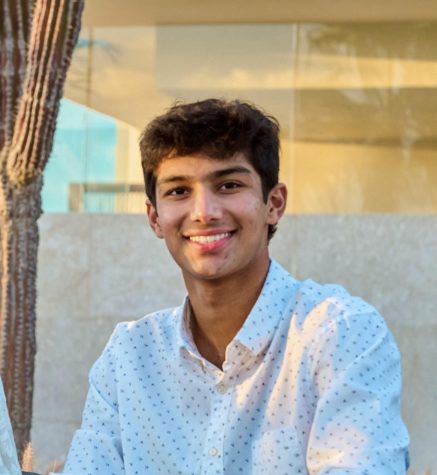
Armaan Shah (‘23) is a senior at Latin and is thrilled to be serving as an Editor-in-Chief of The Forum. He has covered a wide range of topics and encourages...

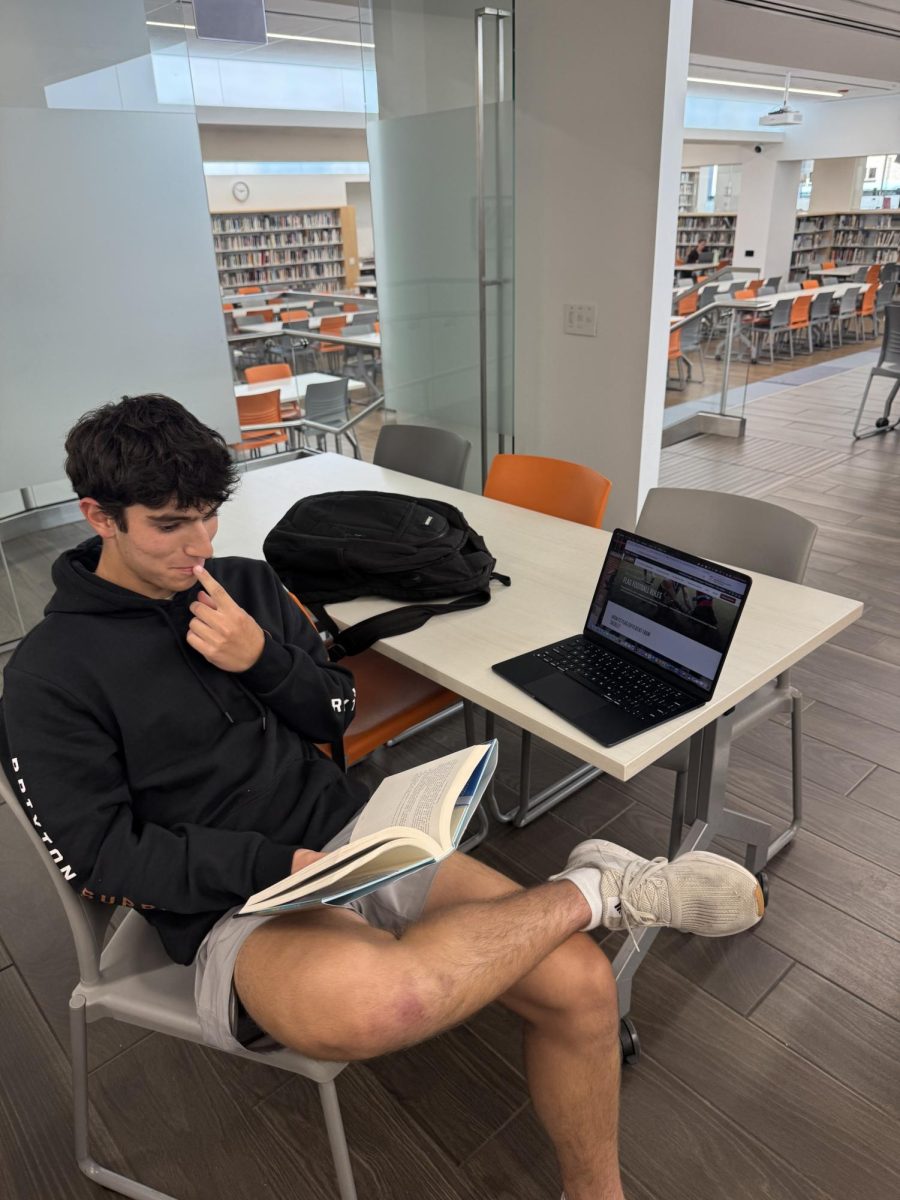




















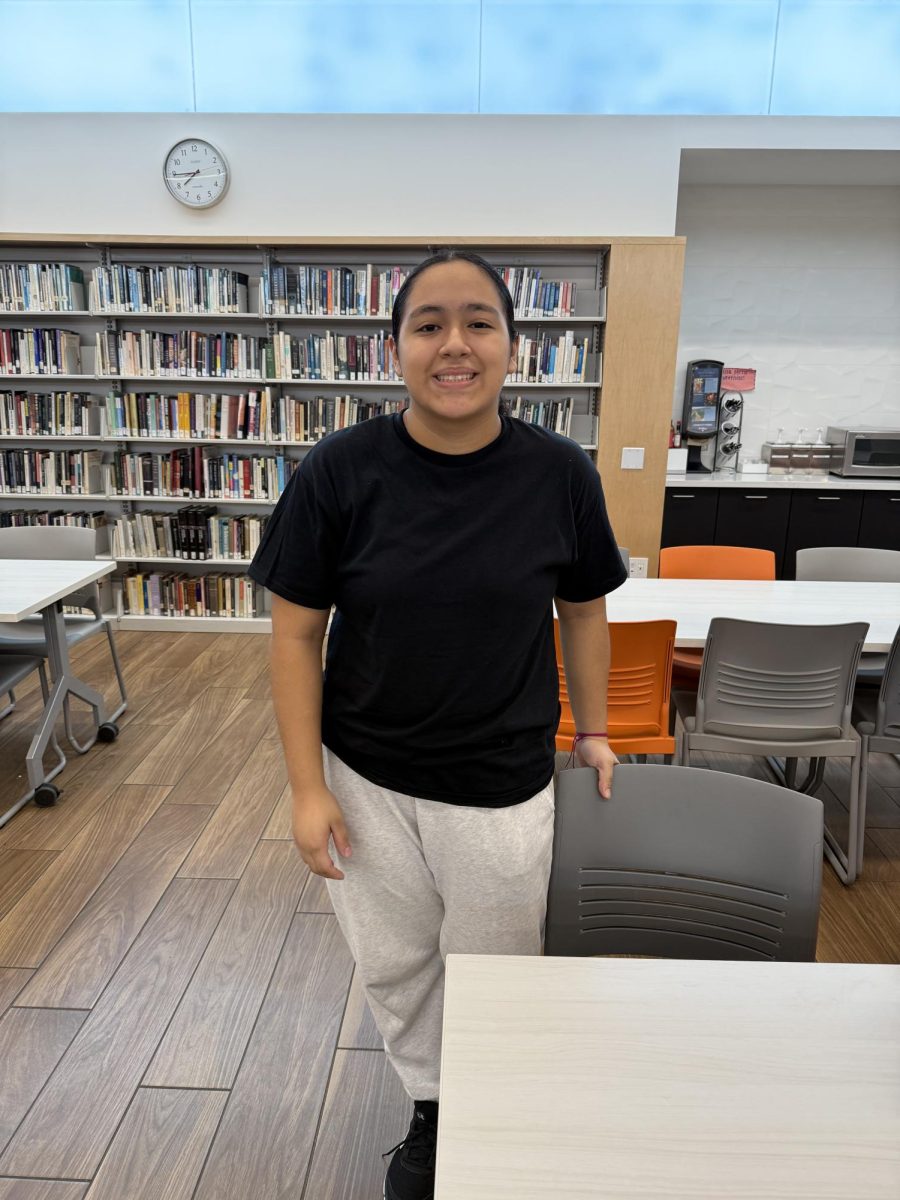













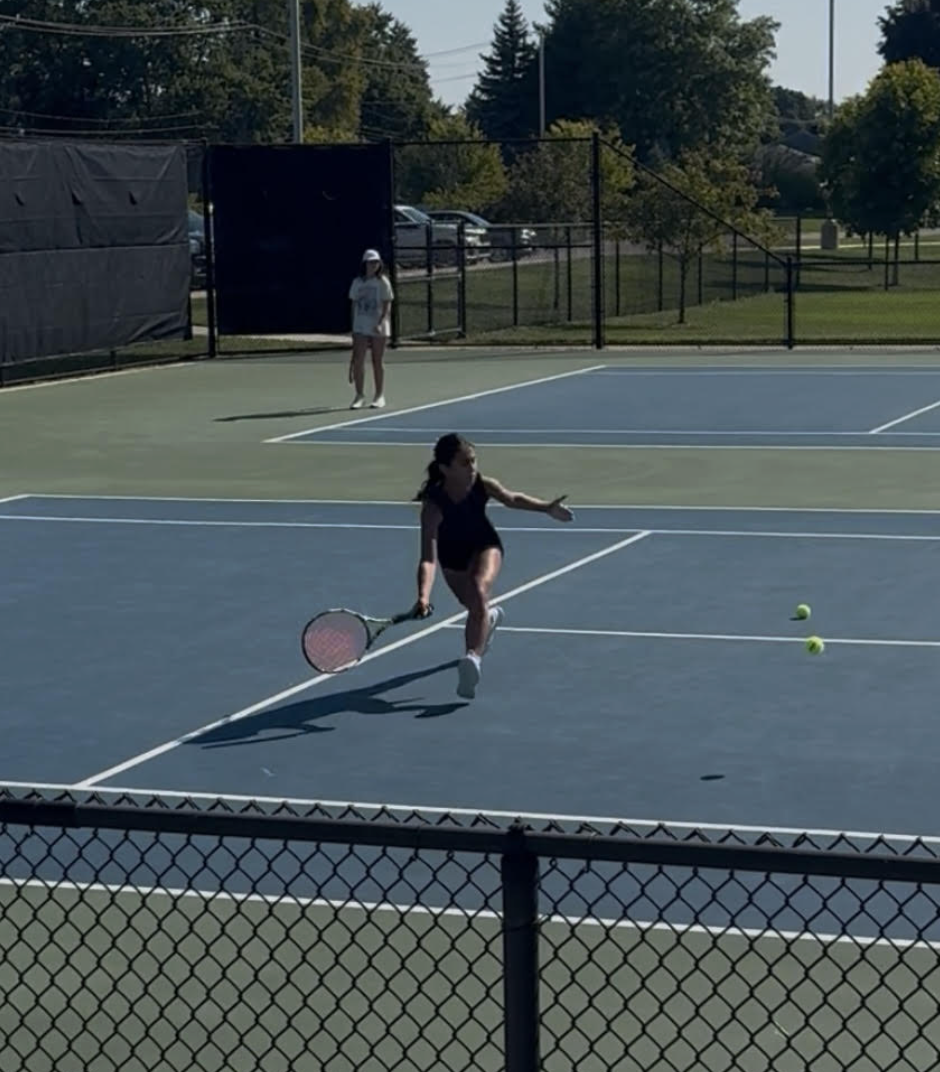










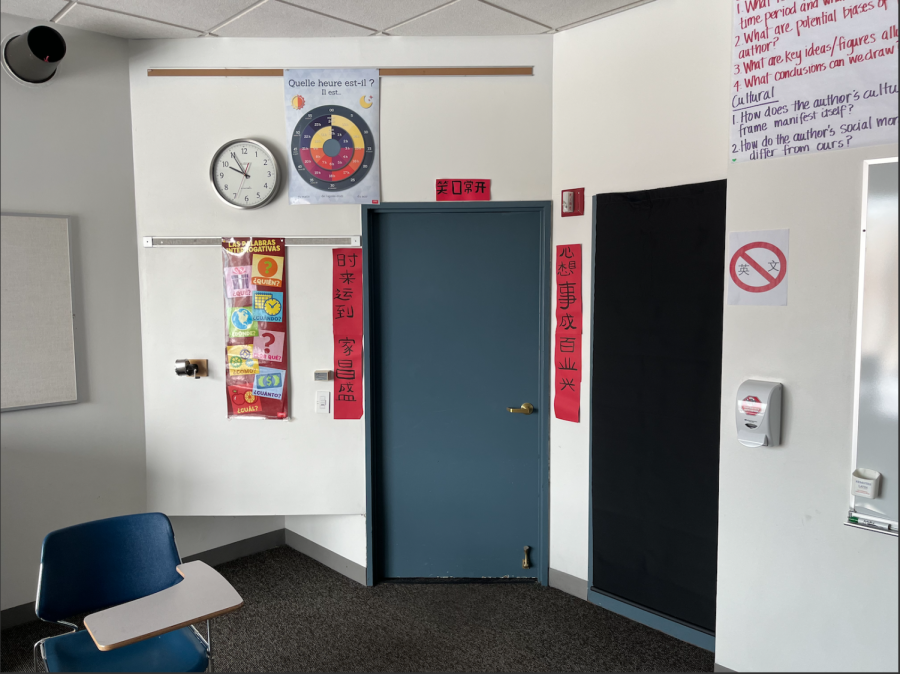
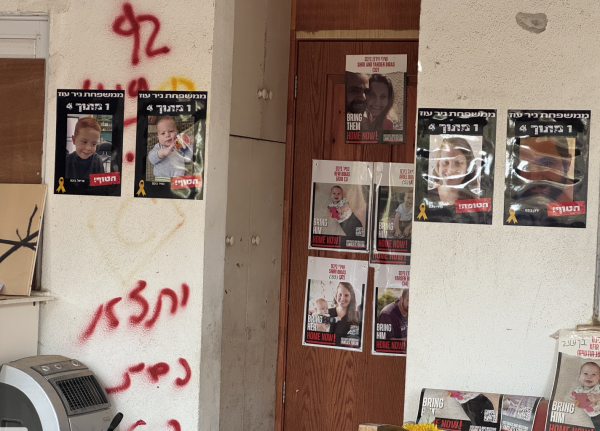




Zach McArthur • Feb 2, 2022 at 8:29 am
This is a really well written and researched article, Armaan. I feel I’ve heard how students are emotionally scarred by lockdown drills and that’s why we don’t involve students anymore — but that’s not what your data says. My niece, who is in high school in the Detroit area, said that their previous lockdown drills made her feel very comfortable when there was a scare at their school this winter and they had to lockdown for real. I think you are onto something here and hope the school hears you.
Ann McGlinn • Feb 4, 2022 at 8:39 pm
I echo all you wrote, Zach. I wonder if the school should reevaluate their current stance on not having such drills.